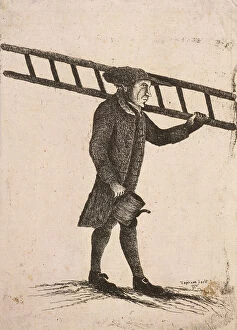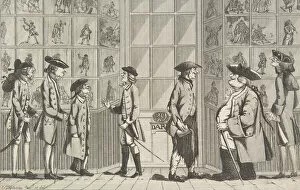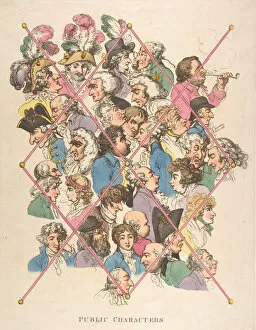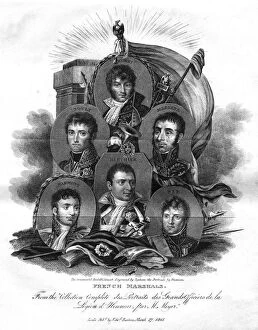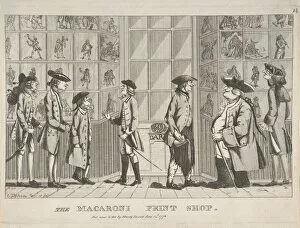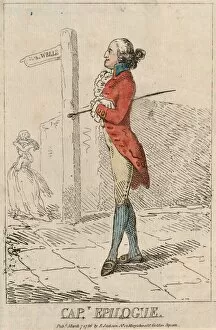Edward Topham Collection
Edward Topham, a versatile artist of the 18th and early 19th centuries, left behind a rich legacy in the world of art
For sale as Licensed Images
Choose your image, Select your licence and Download the media
Edward Topham, a versatile artist of the 18th and early 19th centuries, left behind a rich legacy in the world of art. Known for his intricate etchings and prints, Topham's works captured various aspects of society during his time. In one of his notable pieces titled "Lamplighter holding a ladder and an oil can, " Topham skillfully depicted the everyday life of a lamplighter. Through meticulous details, he brought to life the scene where this essential figure diligently attends to his duties, illuminating the streets with warm light. Another remarkable creation by Topham was "The Macaroni Print Shop. " This print shop served as both a place for artistic expression and social commentary. With its doors open wide on July 14, 1772, visitors could witness firsthand how ideas were transformed into visual representations through printing techniques, and is here that Topham showcased his own talents as an artist while also capturing snapshots of contemporary culture. Topham himself was not only an observer but also a subject in some instances. In "Captain Epilogue" from March 7, 1786, we see him portrayed by Thomas Rowlandson. This playful depiction showcases Topham's wit and humor as he takes on the role of Captain Epilogue—a character who brings closure to theatrical performances with comedic flair. Rowlandson also immortalized Topham in another work titled "Public Characters" from April 1, 1801. Here we find our artist among other prominent figures of society at that time—an indication of his standing within artistic circles. However, it wasn't just societal figures that caught Edward Topham's attention; he also explored themes beyond portraiture. In "Private Amusement" from January 1, 1786 (also illustrated by Rowlandson), we glimpse scenes filled with mirth and revelry—perhaps a reflection of Topham's own enjoyment of life.

